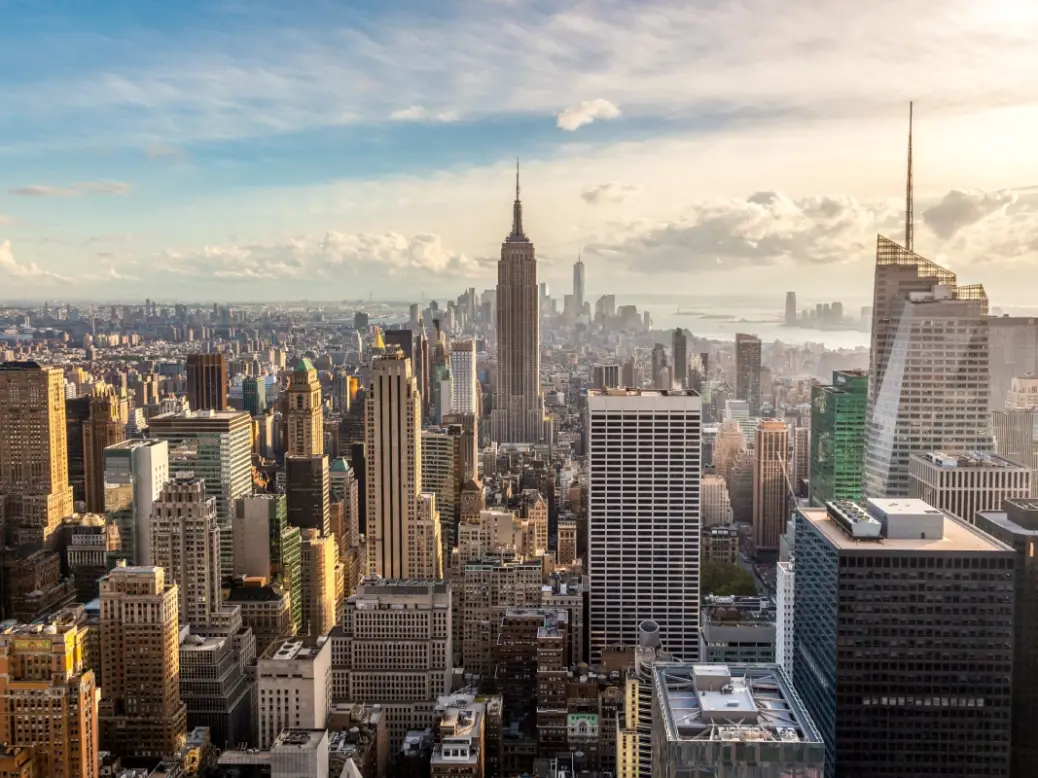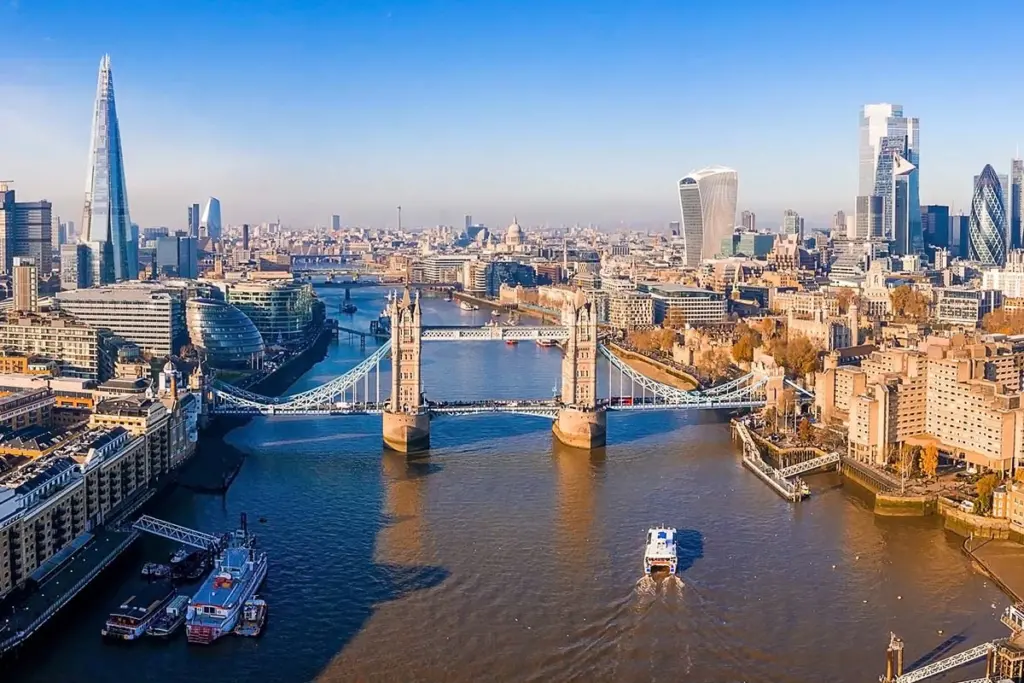
New York City is home to more UHNWs than any other city in the world, with the total wealth held by its super-rich residents totalling $3 trillion, according to a new report.
US cities dominated the 2024 Henley & Partners World’s Wealthiest Cities report, which shows the urban areas with the most individuals with liquid investable wealth of $1 million or more.
The combined wealth of New York’s 349,500 millionaires, 744 centi-millionaires and 60 billionaires now exceeds that of most G20 countries.
The city attracts millionaires not only because it is home to two of the most important stock exchanges in the world (the NYSE and NASDAQ), but also because it ‘features some of the world’s most exclusive residential streets and apartments’, Andrew Amolis, head of research at wealth intelligence firm New World Wealth, has previously told Spear’s.
Eleven of the top 50 wealthiest cities are in the States, with Northern California’s Bay Area, encompassing the city of San Francisco and Silicon Valley, in second place.
Driven by the tech boom, the Bay Area has enjoyed one of the world’s highest wealth growth rates, with its millionaire population increasing by 82% over the past decade. The area is now home to 305,700 millionaires, 675 centi-millionaires, and 68 billionaires, drawn to the Bay Area by big tech companies, such as Apple, Alphabet and Meta.
[See also: The 11 wealthiest cities in the US]
Tokyo is third on the list, with a decline of 5% in its resident high-net-worth population over the past 10 years. Once the world's wealthiest city, Tokyo is now home to 298,300 millionaires. Business-friendly Singapore climbed two places to fourth on the global ranking after a 64% increase in millionaires over the past decade. Singapore is an increasingly attractive destination for migrating millionaires - approximately 3,400 HNWs moved there in 2023, and 244,800 resident millionaires, 336 centi-millionaires, and 30 billionaires call the city-state home. It is on course to unseat Tokyo as Asia’s wealthiest city, the report said.
London’s falling
London, for many years the wealthiest city in the world, falls to fifth place, with 227,000 millionaires, 370 centi-millionaires, and 35 billionaires. The number of HNWs calling the UK's capital home has declined by 10% over the past decade.
In contrast, Los Angeles, the world's entertainment hub, has recorded a 45% growth in its wealthy population, with 212,100 millionaires, 496 centi-millionaires, and 43 billionaires, now now moving ahead of Paris, the wealthiest city in mainland Europe, which retained its seventh place on the ranking with 165,000 resident millionaires.
[See also: Neighbourhood watch: where the super-rich really live in London]
Sydney, the largest, oldest and most cosmopolitan city in Australia, has a reputation as one of the world’s most beautiful and liveable cities, and continues to attract the super-rich. It has climbed to eighth in Henley & Partners report, with 147,000 HNWs now calling it home.
Dr. Juerg Steffen, CEO of Henley & Partners, says a key factor driving growth in the world’s wealthiest cities has been the strong performance of financial markets in recent years. 'The S&P 500’s 24% gain last year, along with the Nasdaq’s 43% surge and Bitcoin’s staggering 155% rally, has buoyed the fortunes of wealthy investors. Additionally, rapid advancements in artificial intelligence, robotics, and blockchain technology have provided new opportunities for wealth creation and accumulation. Yet, even as new opportunities emerge, old risks persist. The war in Ukraine, which has seen Moscow’s millionaire population plummet by 24% to 30,300, is a stark reminder of the fragility of wealth in an uncertain and unstable world.'

China’s millionaire boom
Beijing has made it into the top 10 for the first time, with 125,600 millionaires. It has seen a 90% growth in its millionaire population over the past decade, although Hong Kong has fallen four places over the 10 years to ninth on the ranking. Shenzhen, home to 50,300 UHNWs, is the world's fastest-growing city for the wealthy, with its millionaire population rising by 140% in the last ten years, according to Amoils.
Dubai's millionaire population has boomed by 78% in 10 years, and is by some margin is the wealthiest city in the Middle East.
[See also: Where did the world’s richest billionaires go to school?]
Dominic Volek, Group Head of Private Clients at Henley & Partners, says countries that actively encourage foreign direct investment in return for residence or citizenship rights attract the world's wealth.
'Being able to relocate yourself, your family, or your business to a more favourable city or have the option to choose between multiple different cities across the world is an increasingly important aspect of international wealth and legacy planning for private clients,' Volek said.
'The more jurisdictions a family can access, the more diversified its assets, the lower its exposure to country-specific and regional risks, and the greater the opportunities they can enjoy. Likewise, cities and countries can use investment migration as an innovative financing mechanism to attract the world’s wealthiest and most talented to their shores.'






